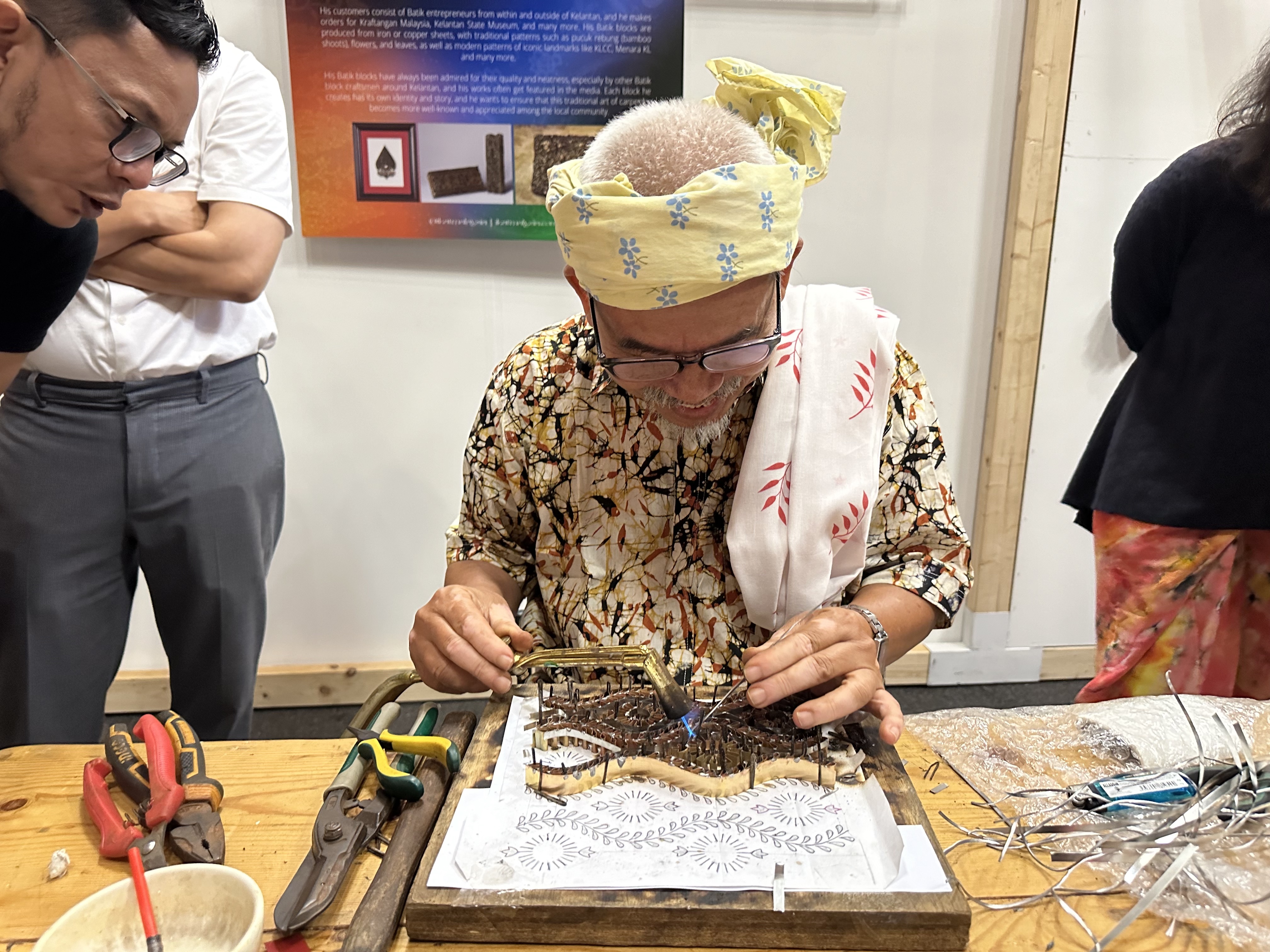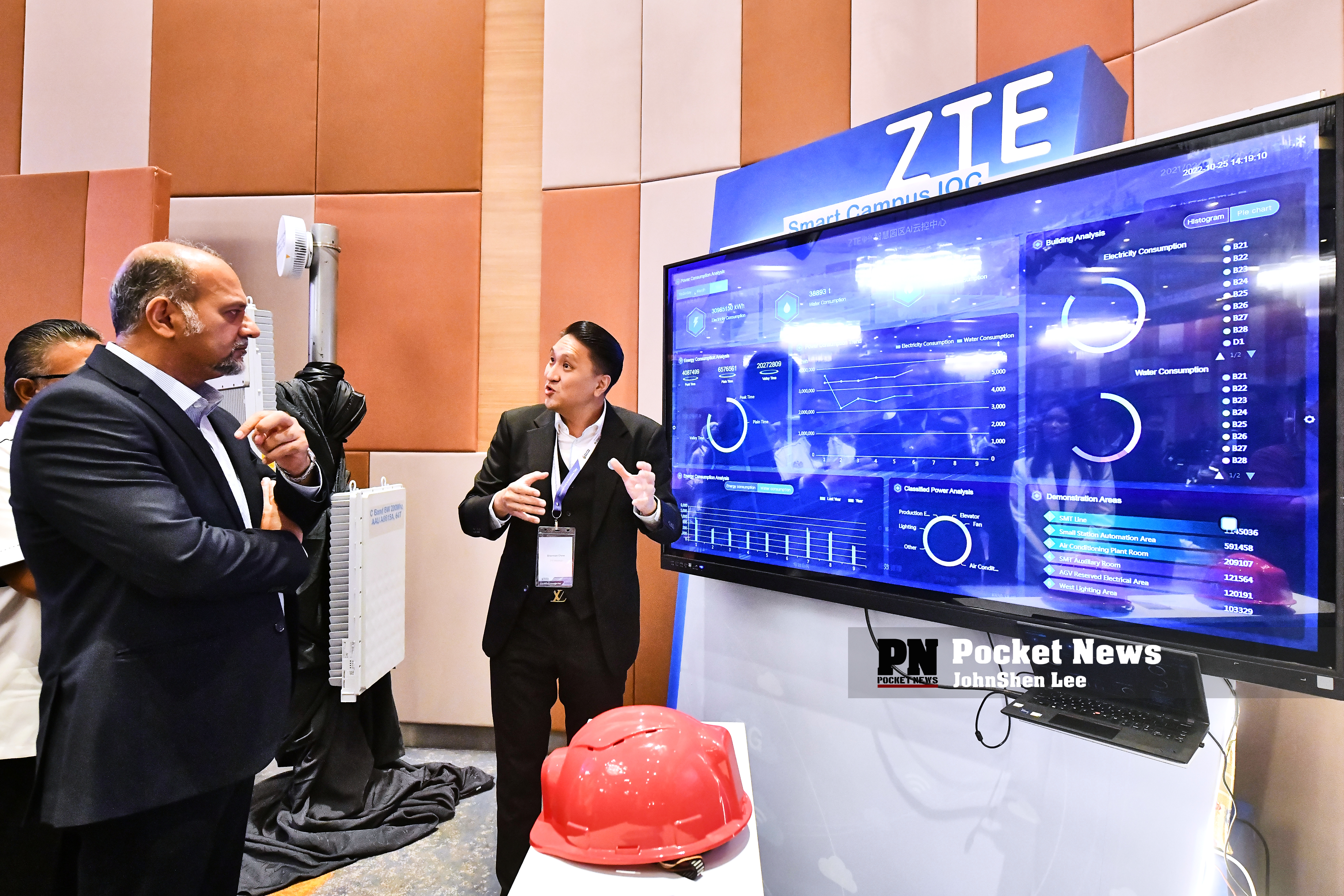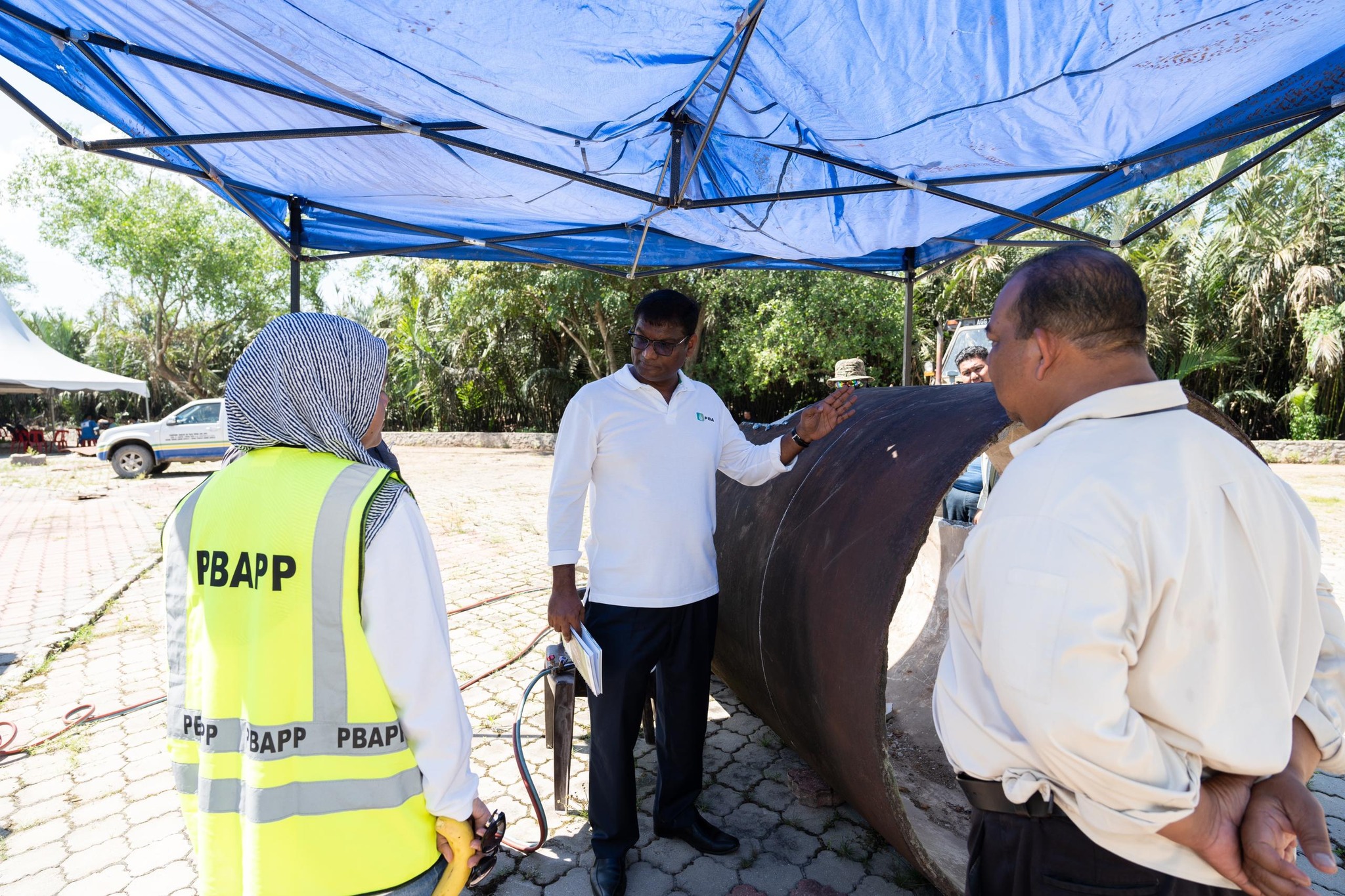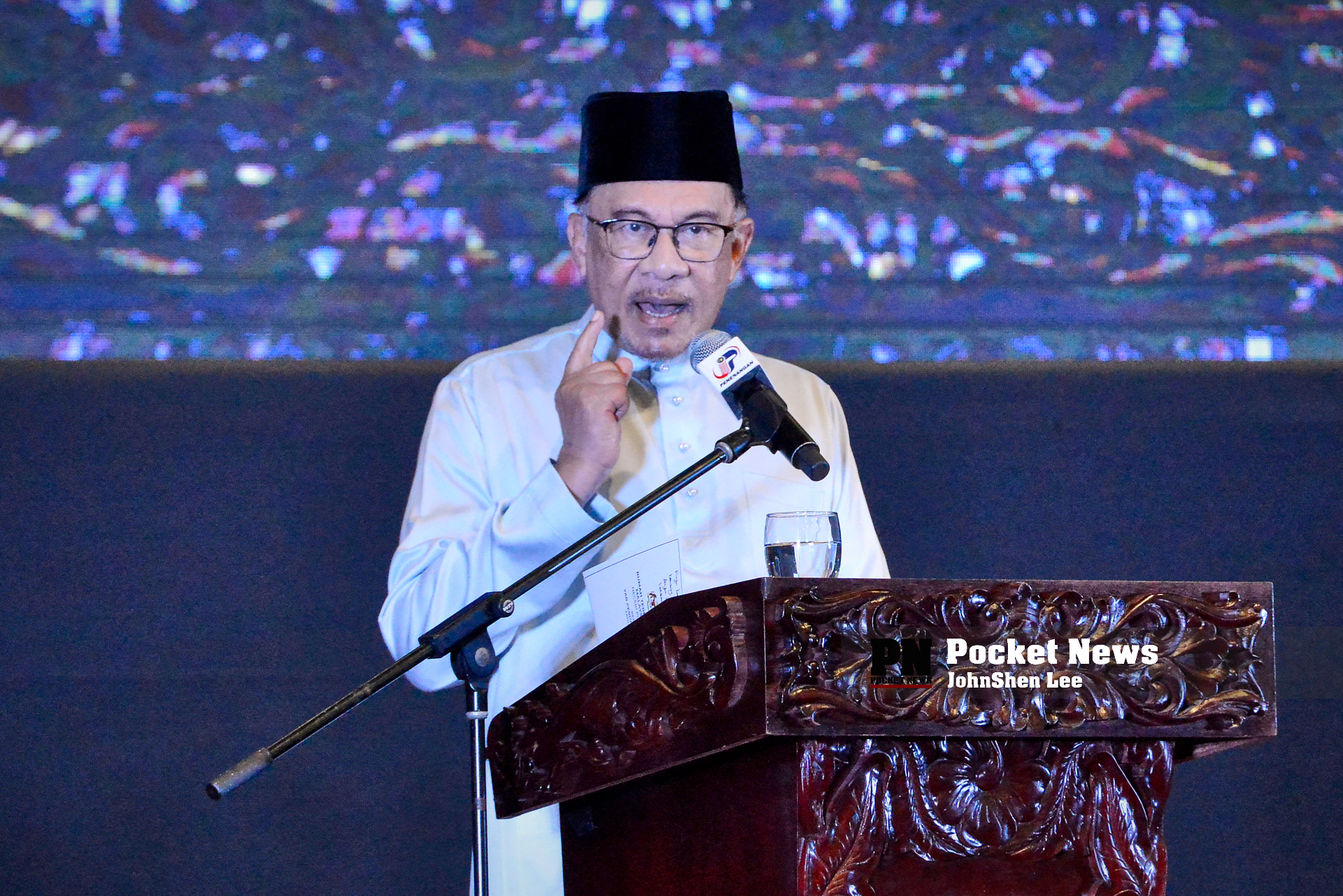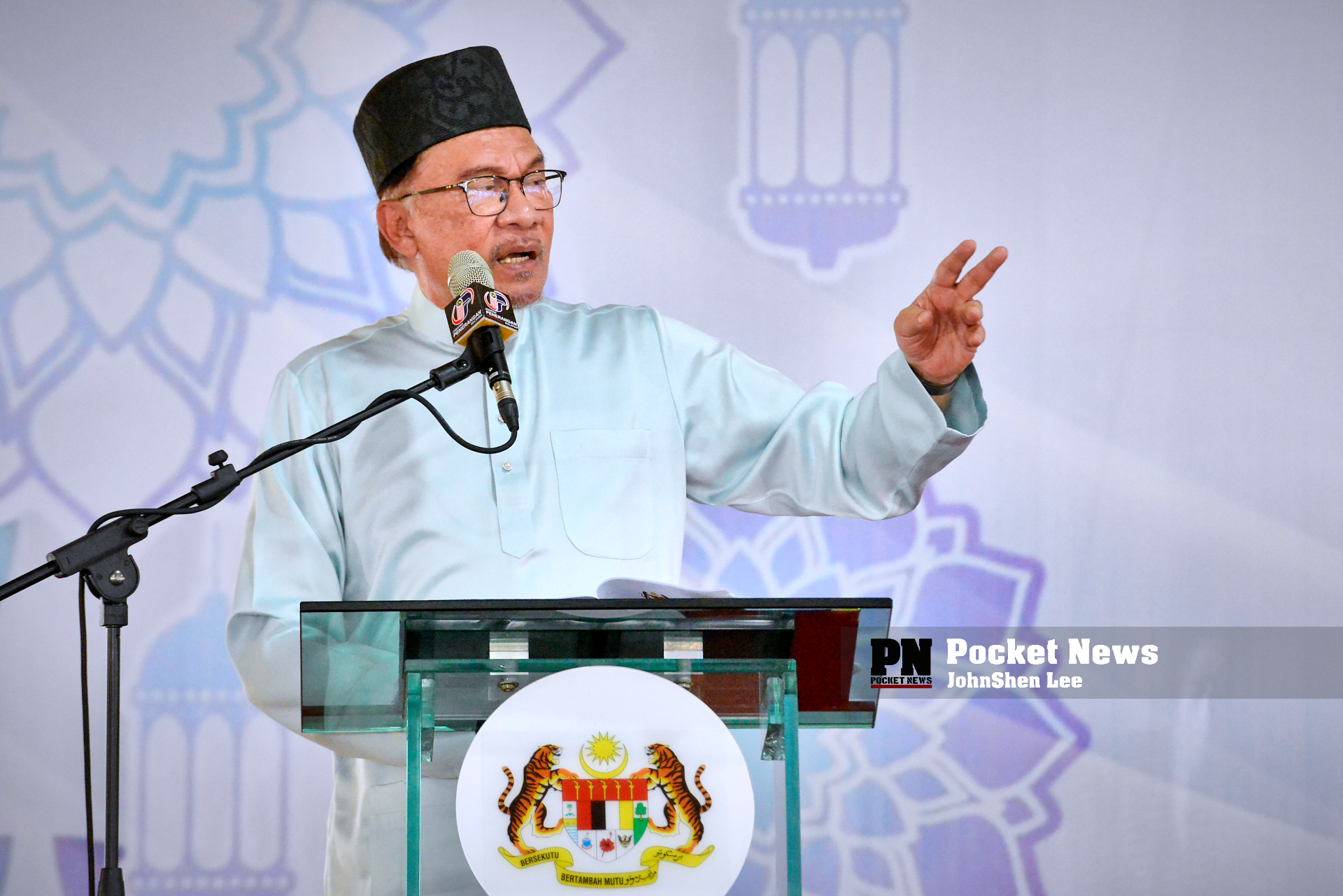
PUTRAJAYA, July 29 – The government’s allocation of RM100 e-tunai credit to all adult citizens with an annual income of RM100,000 and below is not just an election sweetener ahead of the upcoming state elections (PRN). According to Anthony Loke Siew Fook, the Minister of Transport, it is an initiative to aid and promote the digital economy, encouraging cashless payments. “For the 10 million citizens receiving this credit, it is a step towards the digital economy. Why are we doing this? Because we want to familiarize Malaysians with e-wallet usage,” Loke said exclusively to Sinar Harian on Thursday.
He emphasized that for the development of the digital economy, the public’s acceptance and usage of cashless payments are crucial. Hence, this initiative aims to create a digital economy-friendly population. Prime Minister Datuk Seri Anwar Ibrahim previously announced that the government would offer RM100 e-tunai credit to all adult citizens with an annual income of RM100,000 and below. This initiative involves an allocation of about RM1 billion and aims to benefit over 10 million citizens aged 21 and above, including both B40 and M40 groups.
Loke highlighted that the initiative was necessary as there are still many individuals relying on cash as their preferred payment method. By providing the e-tunai credit to 10 million people, the government aims to have 10 million e-wallet users, thereby encouraging the adoption of digital payment platforms. Furthermore, Loke emphasized that the recently announced Ekonomi Madani (Madani Economy) is not just a sweetener but a fundamental economic framework to achieve targeted goals. The vision is clear to become one of the top 30 economies globally, increase income levels, and build an inclusive society with a competitive economy.
“This is not just a sweetener; it’s the framework of the Ekonomi Madani. Our vision is clear, we want to become one of the top 30 economies in the world, increase income levels, and have an inclusive and competitive economy. This vision will be translated into various programs and government allocations, implemented gradually through annual budgets and other means,” he stated.



